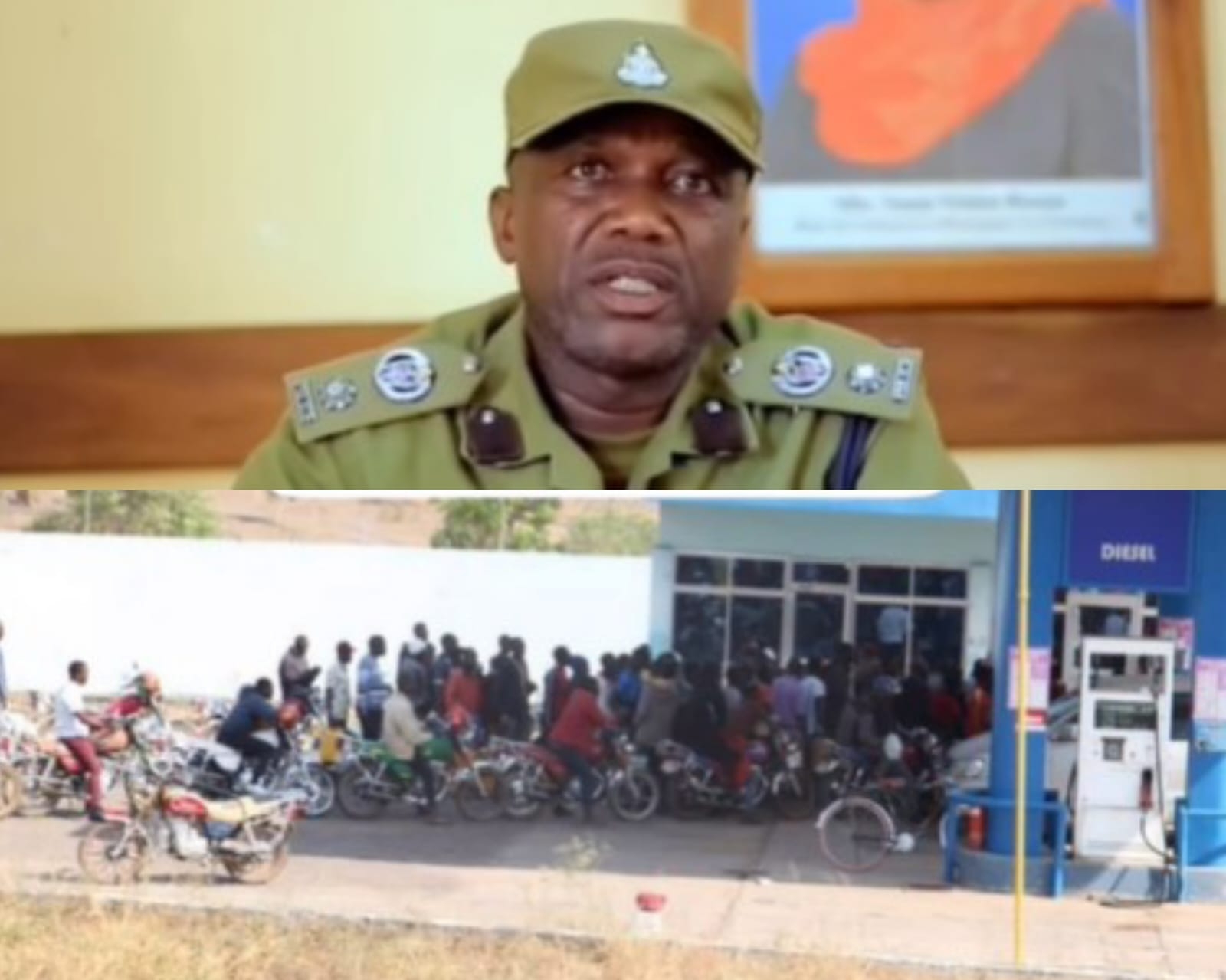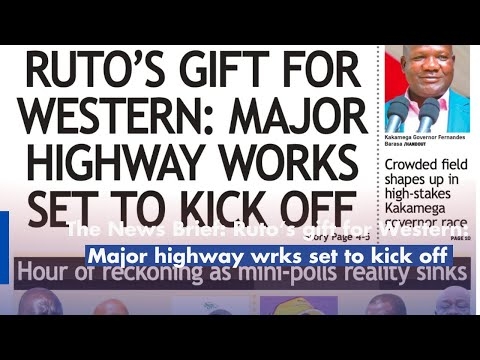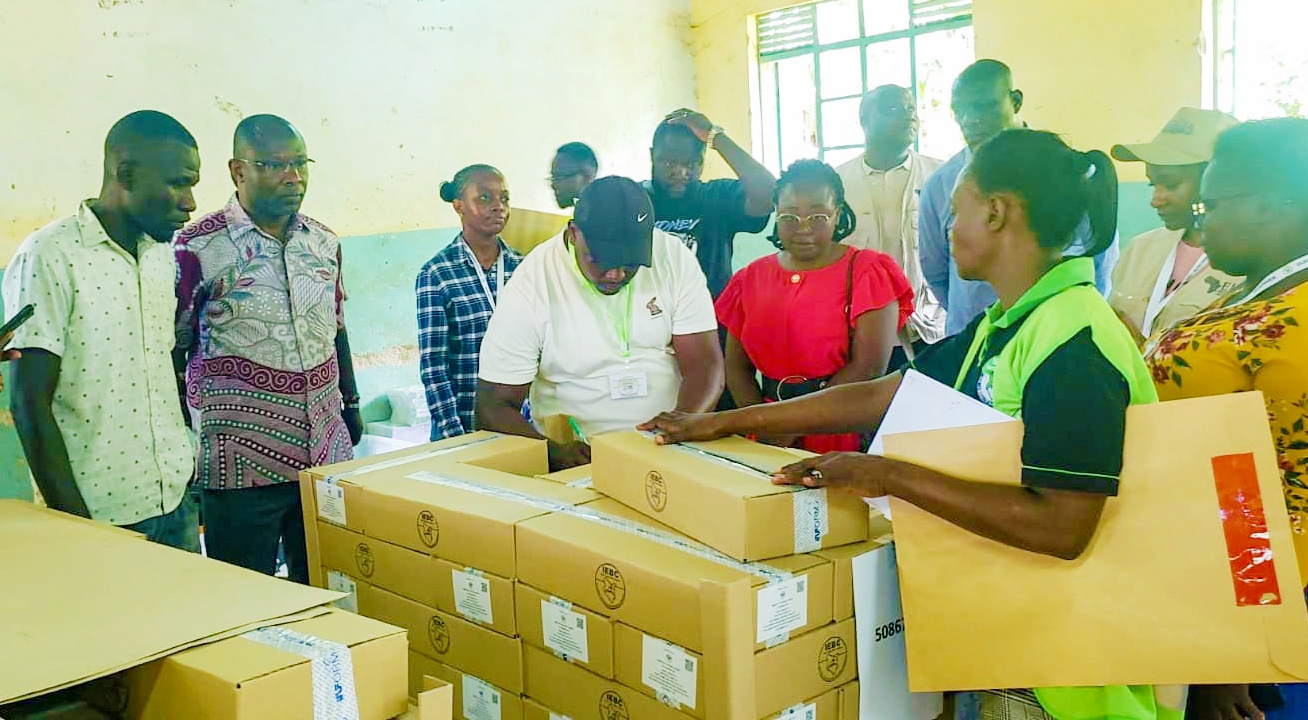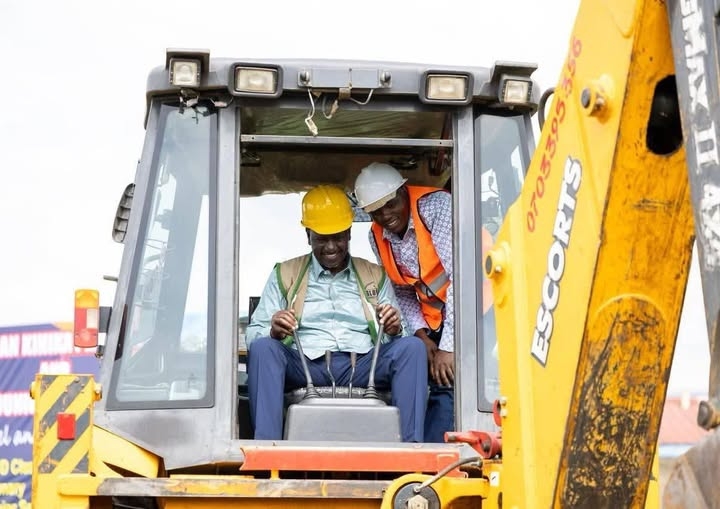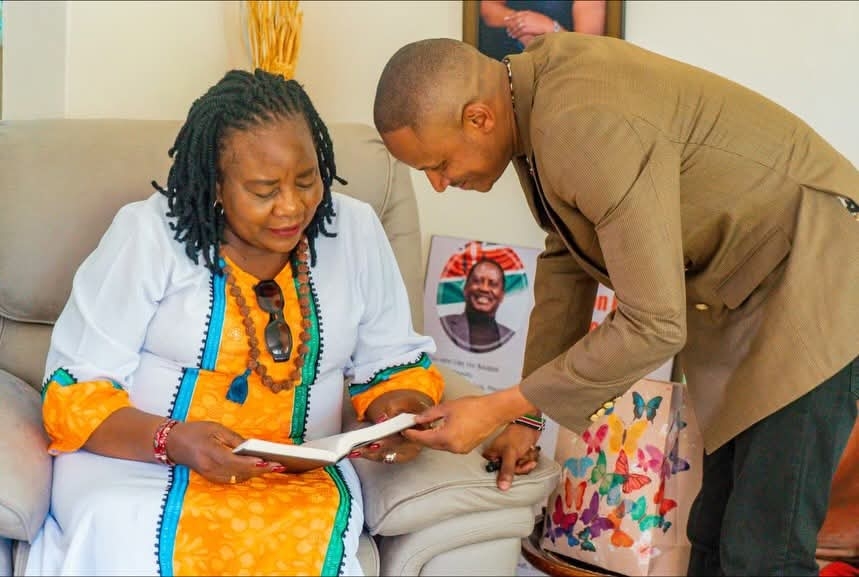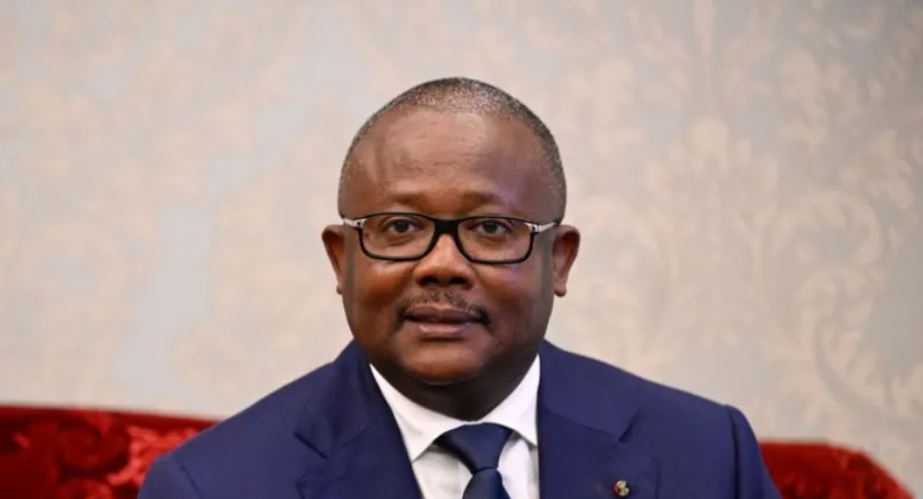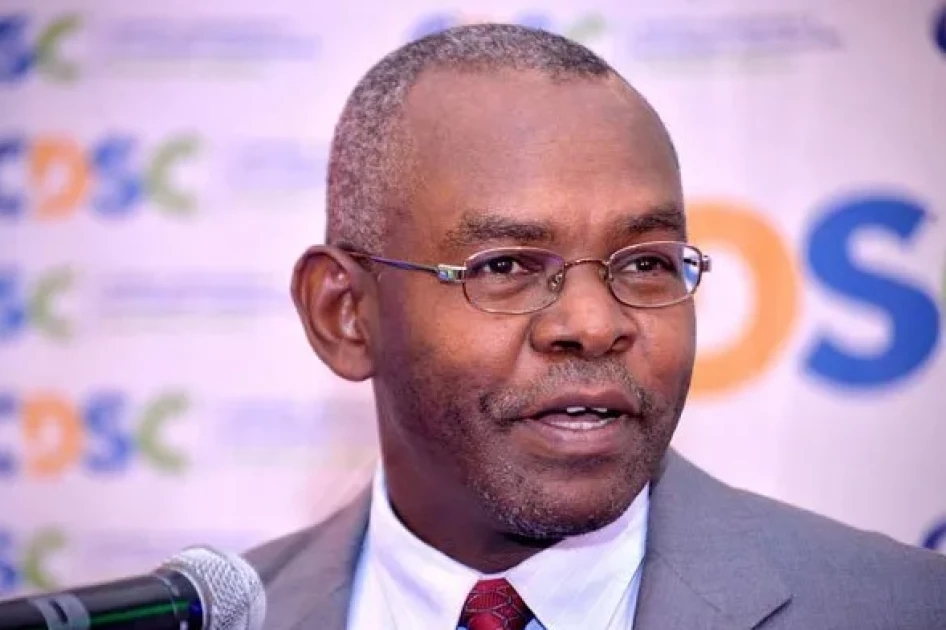In December 2019, Geoffrey Mabea was appointed the Energy Regulators Association of East Africa (EREA) executive secretary. He spoke to Angwenyi Gichana about the journey so far.
How has your journey been since you got appointed and took up the EREA chief executive officer position?
It has been a good journey and a learning curve. I have been able to set up and operationalised the secretariat in Arusha Tanzania as well as see the Organisation grow.
But most interestingly is being able to work with very motivated staff at the secretariat and across the six countries.
I have enjoyed the overwhelming support from the Executive Council, the General Assembly members as well as the various portfolio committees and country liaison officers.
The political goodwill of the East African Community is overwhelming.
How is EREA spearheading energy unions in East African countries?
The critical elements in a powerful energy union are to create an enabling environment through which the energy trade can be achieved.
A well-established energy market ensures that the energy markets are well integrated. EREA is providing a platform where the energy policies and frameworks are harmonised.
We do this through developing tools and instruments that are adopted by each member country.
We also provide a platform for sharing experiences with mature and young regulators in the region. But this is only possible if we insist on proving sustainable capacity building for the key players in the energy market.
What are some of the ideas that you have initiated to loop in other institutions from other parts of the world?
EREA has made significant steps to collaborate with other institutions worldwide to tap into their vast energy markets integration and energy regulation experience.
Recently, EREA has agreed on some working arrangements with the National Association of Utility Commissioners (NARUC), the International Energy Charter (EC) and the Energy Regulators Regional Association (ERRA) to support various capacity building components in the EAC.
We also work closely with the African Development Bank and other development partners.
What have been the electricity use trends in recent months, especially since the outbreak of the Coronavirus disease?
There is doubt that the outbreak of the Covid-19 pandemic has caused significant disruptions in the electricity sector.
Considering the demand side, there was an increase in residential electricity demand due to lockdowns.
However, aggregately, there was a slight drop in the demand ranging between 4-15 per cent in the region.
The drop was a result of a temporary slowdown in the manufacturing sector. Consequently, the reduction in demand for power has had a significant impact on some utilities' revenue.
There have been some disruptions in supply chains, delays in maintenance, and delays in constructing new projects. These factors caused the delay in achieving the planned increase in supply and access rate for the regions.
What are you doing to ensure the region has an integrated energy market in the of interest member states?
Achieving an integrated market requires political goodwill and sustained effort to harmonise the regulatory frameworks.
As EREA, we have three overarching pillars that we think would support the effort to integrate the region; we are bringing together all the national regulatory institutions of the East African market, the economic block, ministries of energy and the African Union to ensure that novel policies are developed and implemented.
We are developing information management systems for data collection, storage, retrieval and dissemination (energy hub) for ease of sharing information.
We have also started the process of building a strategic Centre of Excellence on energy regulation that will serve Africa. The united republic of Tanzania has expressed interest to host the Centre of Excellence. I believe that it will be completed and operationalised before the end of my tenure.
Is it possible for the region to harmonise energy tariffs, and how can this be done?
Yes, it is possible. The starting point would be to develop a harmonised regional comparative Electricity Tariffs Report. The second step is to have it validated by the member states. Essentially, the following steps could include to carry out a general review of tariffs frameworks, compare and analyze bulk generation tariff (BGT), compare and analyse transmission/wheeling tariffs, compare and analyse end-user tariffs, develop a harmonised methodology for comparing tariffs, and develop Cost Reflectivity Assessment Tool.
What are you doing to address the existing mismatch between power generation and demand?
As a regional regulator, there are many mechanisms to support the utilities and regulators in the region.
A key reason for such mismatch is poor demand forecasting and master planning.
Therefore, we engage the institutions through capacity building to be able to carry out optimal planning. We believe in developing expertise within the institutions. We also promote competition as well as the independence of the national regulators.
In the electricity sector, we are working towards introducing electricity markets in the EAC region, whereby there will be increased liquidity and increased investment.
We also support policy formulation that will promote liberalisation through sustainable unbundling (generation, transmission, distribution and retail).
Further, EREA supports the establishment of the Eastern Africa Power Pool (EAPP), which will promote electricity trade amongst the countries.
Is the region ready in terms of energy resources for the industrial revolution?
The industrial revolution can only be spurred by availing reliable and affordable energy sources. As a regional regulator, we are working towards harmonising the methodologies for determining the tariffs and regulated asset base.
The harmonisation across the region increases predictability and comfort to investors. We also promote the use of renewable energy sources, which are considered the low cost. We also advise on robust policies and mechanisms that would support clean and reliable energy.
Is it possible for every family to be connected to electricity, and how can this be done?
The immediate solution is to develop the mini-grids, which will allow power sales in island regions without necessarily relying on the main grid. Due to the distributed renewable energy sources in the region, microgrids and mini-grids become valuable.
These microgrids and mini-grids typically can be integrated into the main grid or run as stand-alone operating systems. However, in the long term, the mini-grids must be robust enough to integrate with the main regional grid for cross-border power trade.
What is your Organisation doing to ensure energy trade prioritization?
EREA is an advisor to the EAC countries on matters of energy. We engage with governments in various forums and other regional and international institutions to support the region's energy trade. We support the national regulators in terms of capacity building and policy harmonisation.
We also engage the power pools and economic blocks to ensure that power trade is prioritised. One such support is towards operationalizing the EAPP and establishing the African Single Electricity Market (Afsem).
What are the bottlenecks that you have confronted during your tenure at EREA?
Setting up a permanent secretariat and operationalizing it has been a good learning curve in my career.
The major challenge at hand is to access funding for the Centre of Excellence on energy regulation that will be established in Tanzania. We all know that the bank processes are lengthy and sometimes can take longer than planned.
However, I am optimistic that the institution will be up and running in the next three years. Another challenge is to ensure that the harmonised policies and instruments are adopted across the countries.
Under the principle of variable geometry, it should be understood that different countries have different levels of commitment and readiness for regional integration.
The slowest members should not deter countries that are fastest in implementing. However, care must be taken to ensure that the slowest member is supported to catch up through learning from experiences from other mature regulators. But generally, there is political goodwill to integrate the markets.



